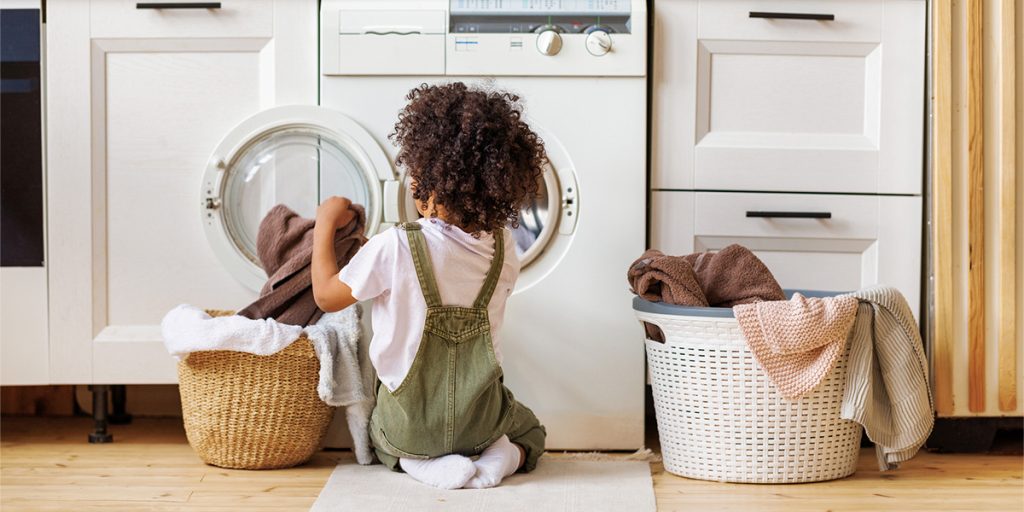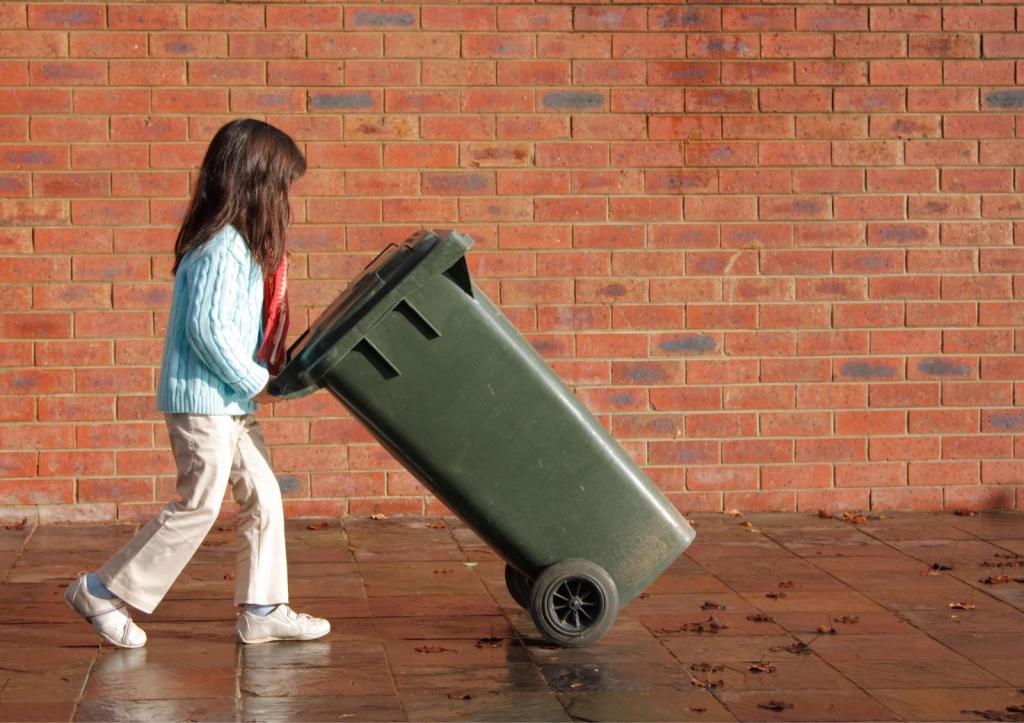
A study of nearly 10,000 children found that kids who completed regular chores had better grades in school, higher self-satisfaction, and more prosocial behavior.
The Harvard Grant Study which tracked the lives of 268 Harvard students for over 85 years studied a wide range of life outcomes from mental health to career success. It found a strong correlation between early responsibility and later adult success. Specifically, children who were given regular chores in childhood displayed a stronger work ethic, higher self-esteem, and greater long-term happiness, qualities important for personal and professional success.
We are the first and primary examples our children have, and it is our job to give them the necessary skills they will need to successfully function as adults. Chores are not just about the work but about teaching self-confidence, pride for work completed and an understanding of how a home functions. When our kids leave home, they should be fully capable of caring for themselves, knowing how to prepare meals, do laundry and clean sets them up for success.
Esther Wojcicki, author of the book How to Raise Successful People said, “Don’t do anything for your kids that they can do for themselves.” Those are powerful words.
A strong work ethic develops over time and is learned in part by example. For children a good work ethic is going to translate into school and career success. Doing chores around the house teaches children about responsibility and teamwork, which they can apply in school and later in the workplace.
Chores also teach kids about time management. Being able to think ahead about what tasks need to be done and setting a schedule to accomplish those tasks is a skill that we need in our daily lives. They also learn about routines which can lead to enhanced productivity. Children thrive on having a routine, knowing what to expect and when to expect it makes them feel secure.
Chores give children a sense of community, when they are part of a family that works together for the good of all they understand that their participation matters. This helps them develop empathy and a concern for others. Children who feel useful are happier and more confident.
Start when they are young, children as young as three years old can help put away groceries, match socks, feed pets and pick up their toys. As they grow give them more responsibilities.
Remember chores are lessons, skills they will need to live happy, successful, independent lives. Over the years use chores as teaching tools to equip them with all the knowledge they will need to live independently.

